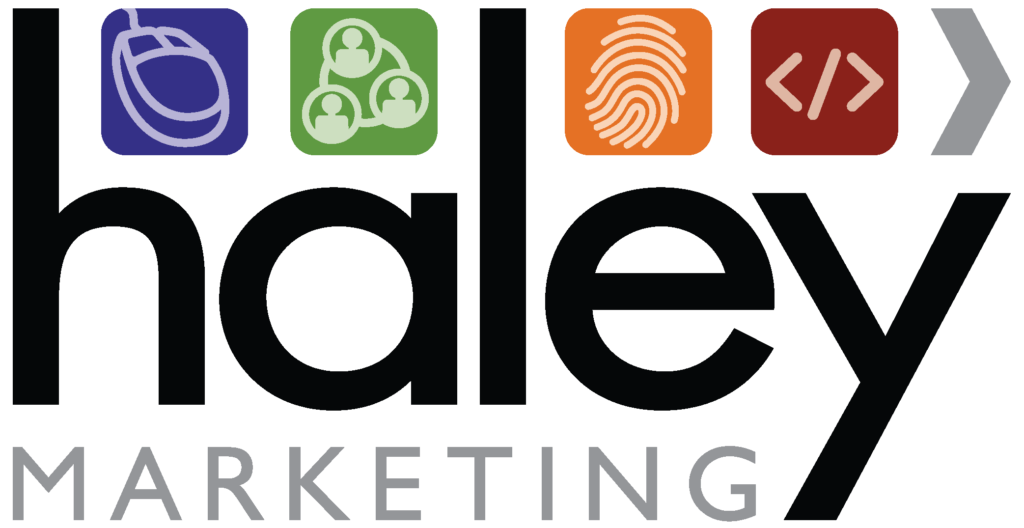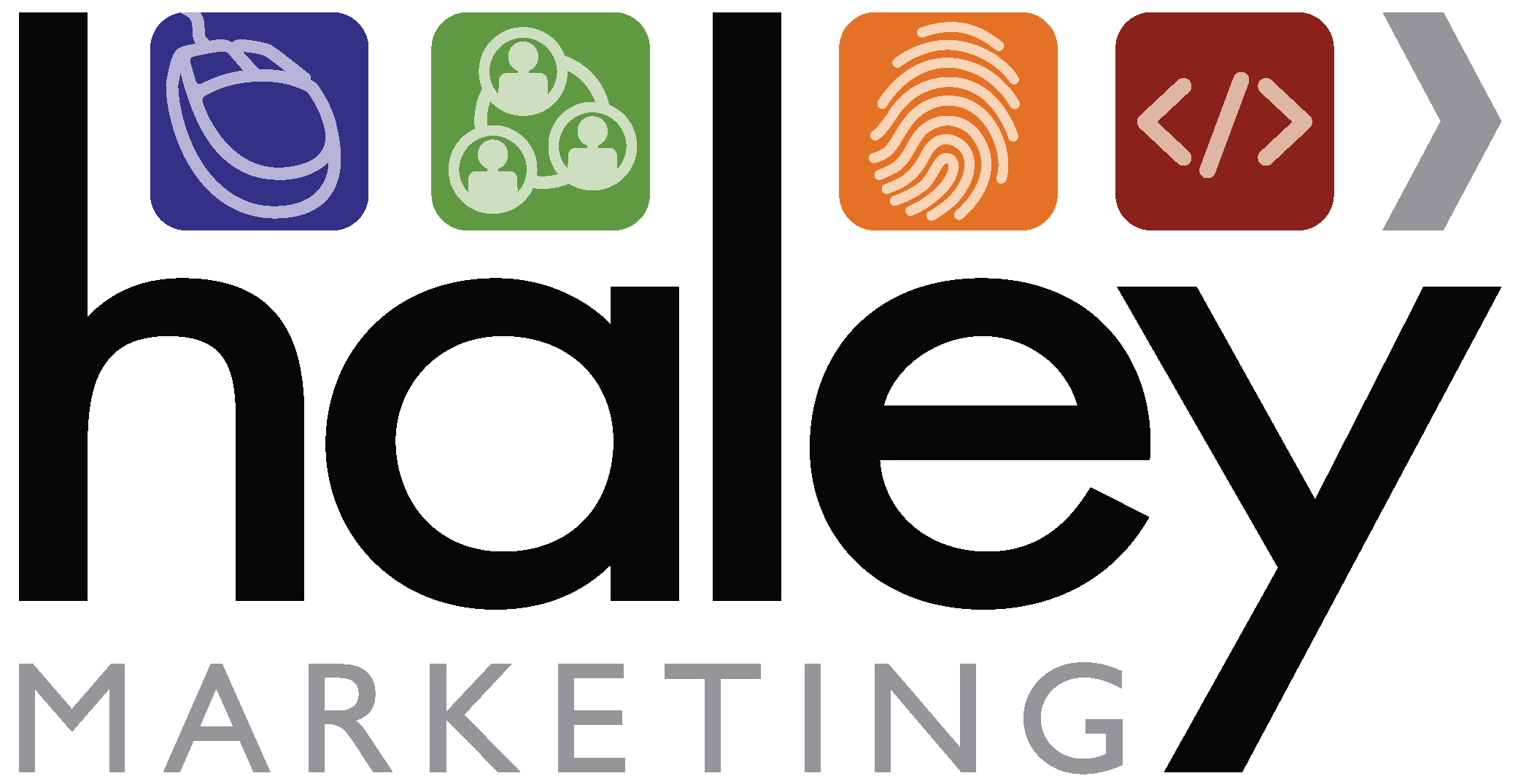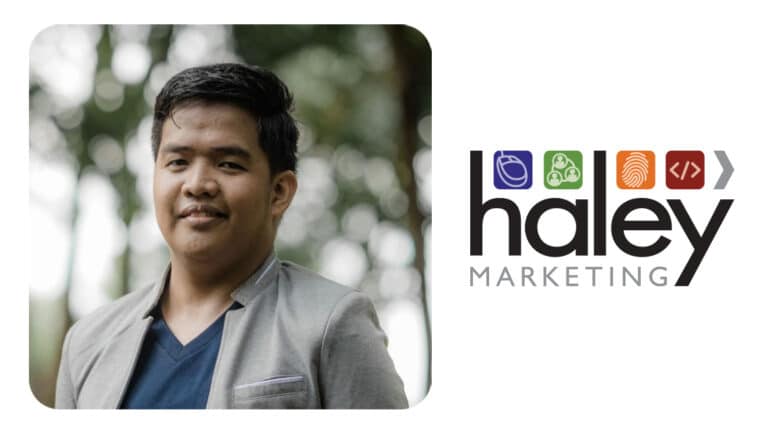It’s a situation most of us don’t want to think about:
Being attacked on social media.
But unfortunately, that’s exactly what happened to a valued client who uses our digital marketing services.
We recently helped this firm manage the fallout of a contentious online conversation between their employee and a stranger. In a matter of hours, the private conversation went viral – creating a domino effect that launched a massive online attack, damaged the organization’s reputation and threatened their business.
While I’m not one for rubbernecking, I felt compelled to share this client’s story for two reasons:
- Social media usage comes with risks of which we all must be aware.
- Planning is essential to managing a social media crisis.
Here’s how it started:
A temporary employee publicly posted information about their health status on Facebook (on their personal account, outside of work hours). A stranger made a comment that the employee didn’t like, so the temporary worker messaged the stranger on Facebook Messenger, where things quickly escalated (the employee allegedly used profanity and racial slurs).
And it didn’t stop there.
The stranger took a screenshot of the conversation and shared it with a friend. That friend posted the image on their social media – along with our staffing company’s name, LinkedIn company page URL, and a call to action for the employer to fire the temporary.
Then the image of their conversation went viral.
Within a matter of hours, the friend’s post went global – and the attacks started. People flooded this staffing company’s Facebook page, Twitter account, LinkedIn account, Yelp listing and Google My Business account with negative comments and reviews. Individuals spammed the firm’s website contact forms and called their main phone line incessantly, demanding that action be taken.
Think fast, act slow.
The backlash was so intense, that our client unpublished their social profiles and reached out asking us for help. If this had been a minor incident, we would have counseled our client against “pulling the plug” on their social sites. But given the gravity of the situation, we agreed that the best course of action was to temporarily take their profiles down, so the firm could think carefully and plan the most effective response.
Next steps.
While this firm needed to make their own HR decisions about how to deal with their employee (i.e., whether to discipline or terminate them), they sought our advice on how to handle their response on social media.
Here’s what we recommended:
- Keep the social profiles down for a few days, while the firm drafted a public response statement in line with their values and brand.
- Pause PPC advertising and blog posting.
- Draft a scripted response the staffing company could use to address any additional negative comments or reviews.
- While we had already implemented important page moderation features when we set up this client’s social accounts, we recommended fine-tuning their settings to flag and block posts that could reignite attacks.
When we reactivated the client’s social accounts a few days later, we waited to see if the attacks would continue. While a few more negative comments were posted, they were more subdued. We then published the client’s prepared statement across their social accounts, paying close attention to the response across channels. The statement was generally well received, so we cautiously began resuming blogging and activity on social media.
While we are carefully monitoring online engagement, we are happy to report that things have been going very well. While this incident created huge challenges for our client, negative comments have virtually stopped, and we’re applying what we’ve learned to strengthen their brand and reputation.
Takeaways for your staffing firm.
This incident, while incredibly unfortunate, contains valuable lessons every staffing agency can use to set themselves up for success:
- Understand that social media comes with risks and responsibilities—that extend beyond your internal team members. If you have a presence on social media, make sure someone has primary responsibility for monitoring activity on your accounts. Left unaddressed, a single post can quickly go viral and threaten your firm’s reputation.
- Use social platforms’ built-in risk management features. Facebook has Page Moderation settings that allows you to: block certain words from being posted to your account; ban people; select who can post on your Timeline; and even control who can tag photos. Twitter and other social platforms have analogous features, too. Review and fine-tune these settings to mitigate your risks when someone wants to leave a negative review or post potentially inflammatory content.
- Create a sound social media policy. If you do not already have a one, develop a comprehensive social media usage policy that aligns with your HR policies, values and brand. Make the policy part of your employee handbook, and obtain written acknowledgement that every employee (internal or temporary) will abide by it.
- When crisis strikes, rely on your policy. By creating a framework for managing crises before they strike, your entire team will know how to respond quickly and effectively.
You can’t control what people say on social media, so you need to make sure you’re doing everything possible to protect your company and online reputation. And if you’d like help with the process, we’re just a click or call away.













